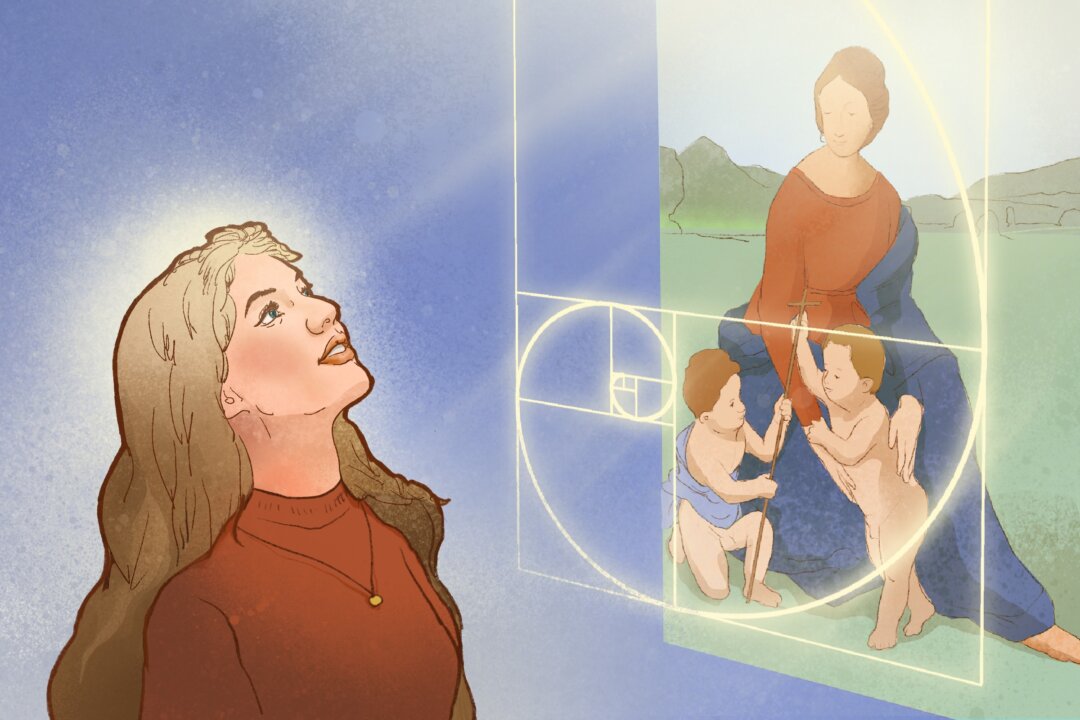This story is part of the May 4 edition of Sunday Life. See all 13 stories . Growing up, I assumed there was only one way of doing things in a family with kids.
One partner would have the Big Job, likely evidenced by their expensive suits, a full briefcase, and a colour-coded Outlook calendar. The other parent, meanwhile, would work part-time and have a more flexible career in a job that allowed them to take care of, well, everything else. The “taking turns” model may not sound romantic, but it works.

Credit: iStock This “other” parent would make sure the fridge was stocked and the kids got their immunisations on time. They’d be the one to remember when the car rego was due, take care of the laundry, pack school lunches, and make the Book Week costumes. Their paid work might be fulfilling and meaningful, but the unspoken rule was that it also came second.
Nobody told the kids of the ’90s and 2000s that this was the way it should be done. They didn’t have to. This family arrangement dominated our upbringing, and was reinforced by our communities and what we saw on TV.
It rewarded high-flying fathers, and looked unfavourably on mothers with professional ambitions. By the time I reached university, I’d decided this model wasn’t for me. But rather than aspiring to disrupt a flawed system, I instead chased the Big Job for myself.
Ten years later, I was married, at home with a newborn and beside myself with frustration. I’d watch the clock until my husband would return home from work, sometimes meeting him at the tram stop because I couldn’t wait any longer. The realities of birth, breastfeeding and biology had entirely upended my ambitious plans.
It didn’t take long before my husband and I scrapped the dictated blueprint and began drawing ourselves a new one. What if, instead of having one person go big and the other go small, we took turns? What if we cobbled together a new division of paid and unpaid work, coupled with an agreement to rejig as required? As much as I love work, there are things I don’t want to miss. For me, nothing compares to my kid glancing up during the sprint to finish cross-country.
JAMILA RIZVI And so we stumbled into the same approach taken by many modern families. Not perfectly. Not even elegantly.
And not without a bunch of arguments about whose meeting was more important when childcare called at midday with news of a gastro outbreak. We’ve each had seasons of stepping up professionally and seasons of stepping back. We’ve both struggled and grown, and, in my case at least, quietly kept score (and then apologised for keeping score).
We’ve made choices based on what was required at the time, based on our son’s changing needs. Disruption is our norm. Still, as much as I love work, there are things I don’t want to miss.
For me, nothing compares to my kid glancing up during the sprint to finish cross-country, and the grin on his face when he sees me there. Or throwing that same kid an elaborate birthday party, or spending an afternoon together crafting or cooking..
Health

Can two career-driven parents both make it work? This could be the solution

Balancing family and career is like a dance.














